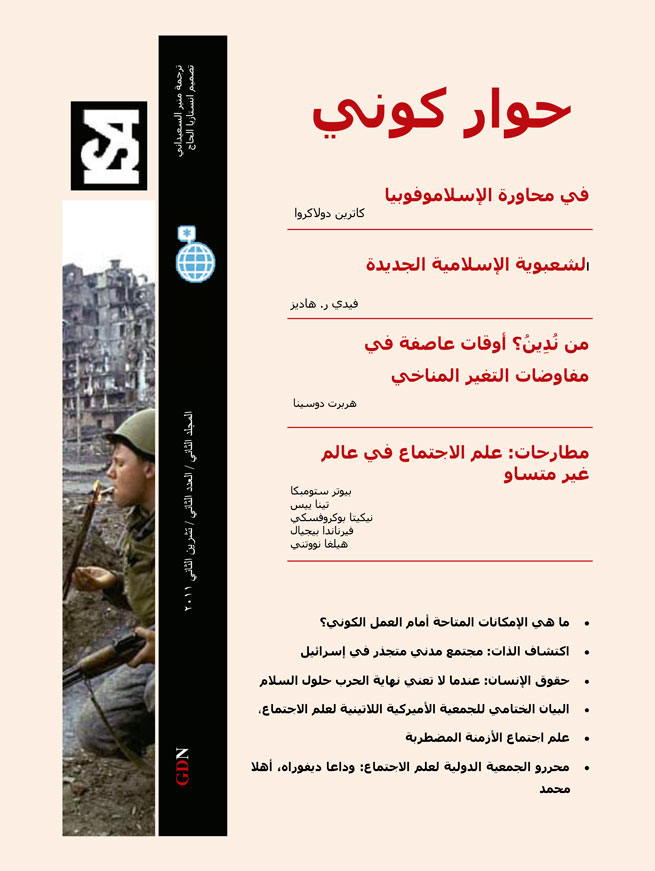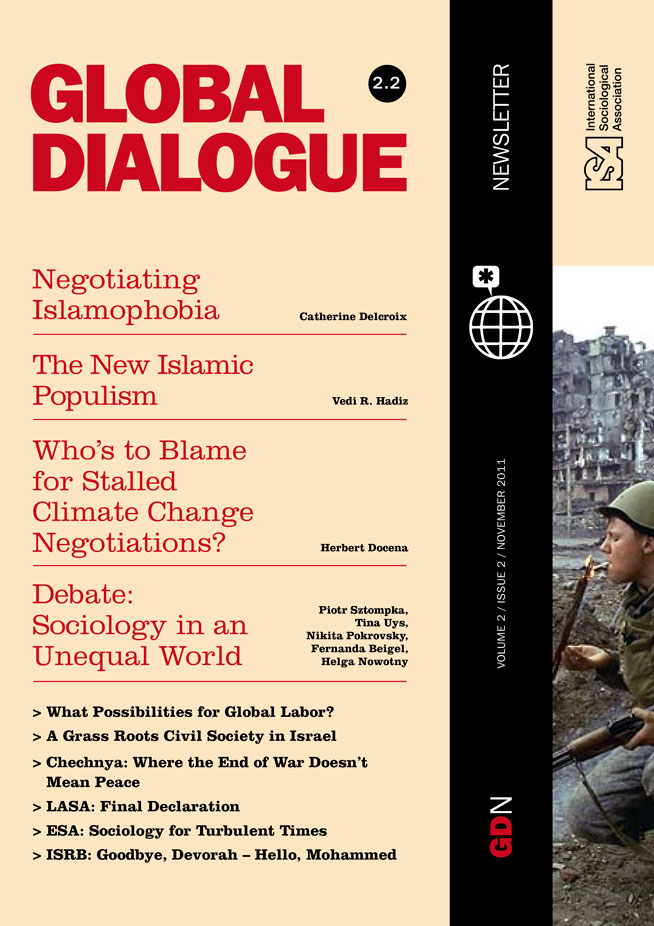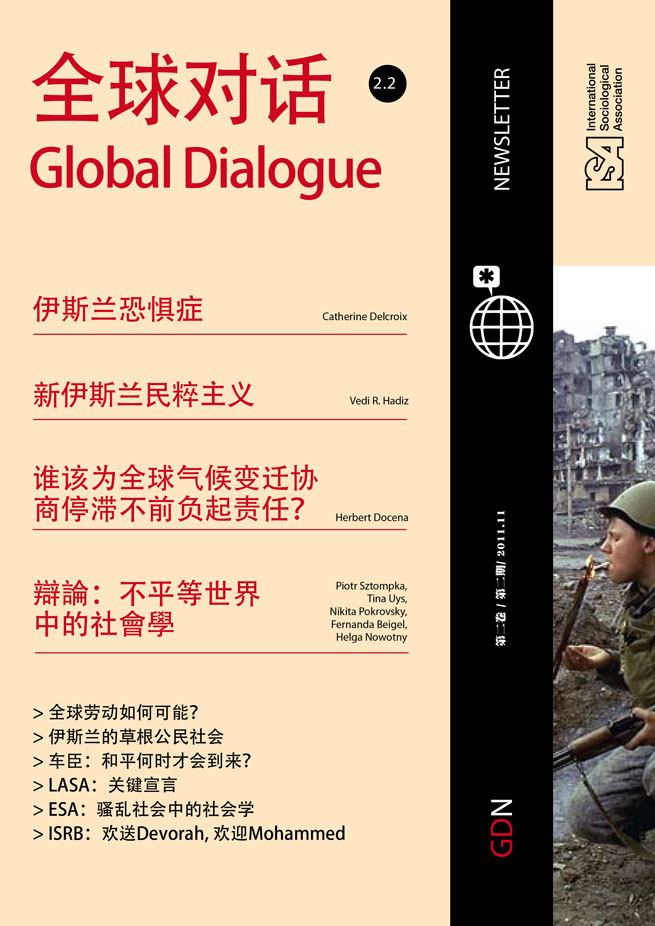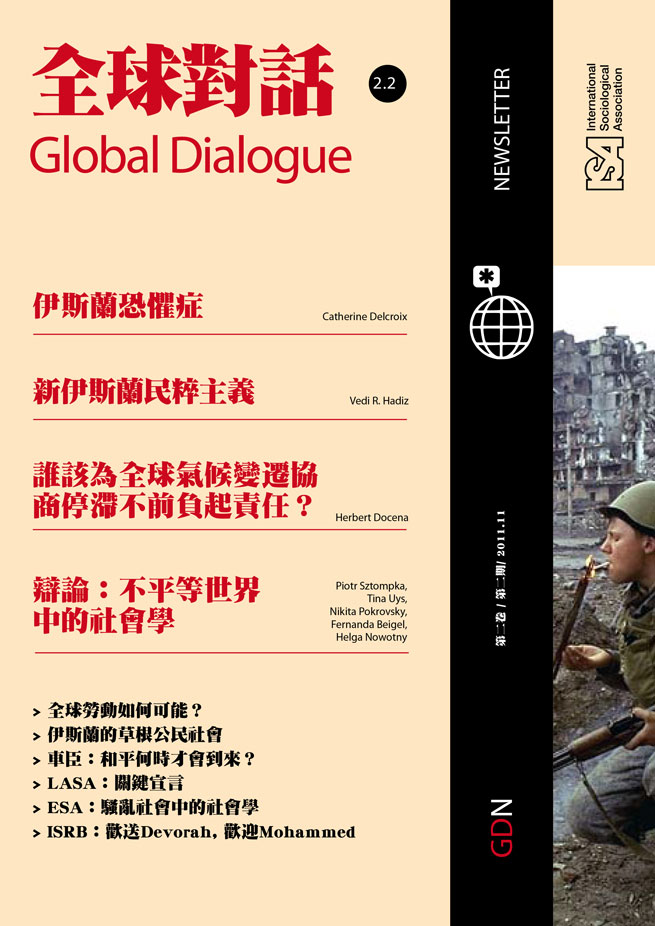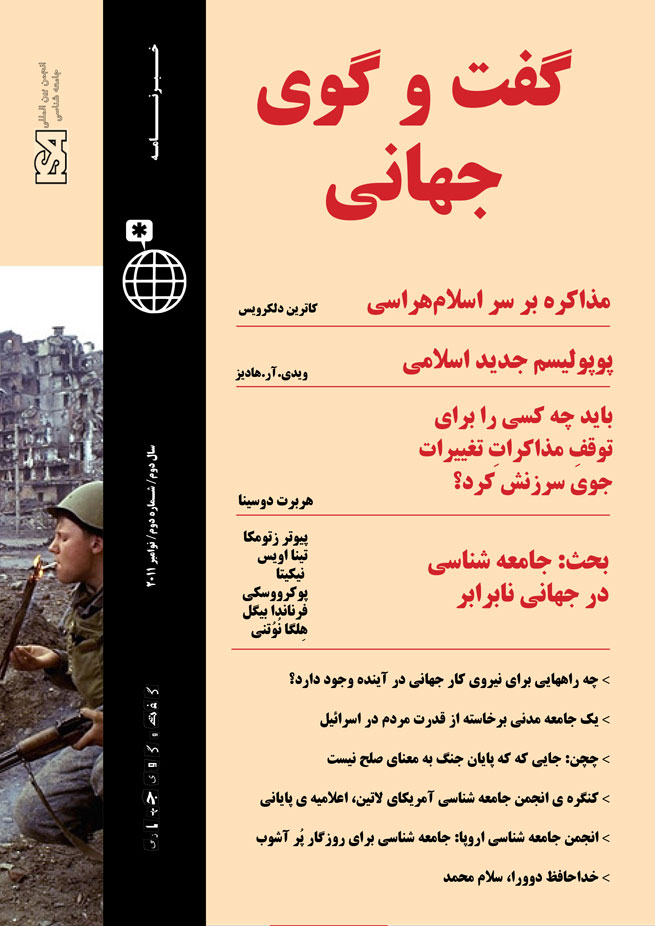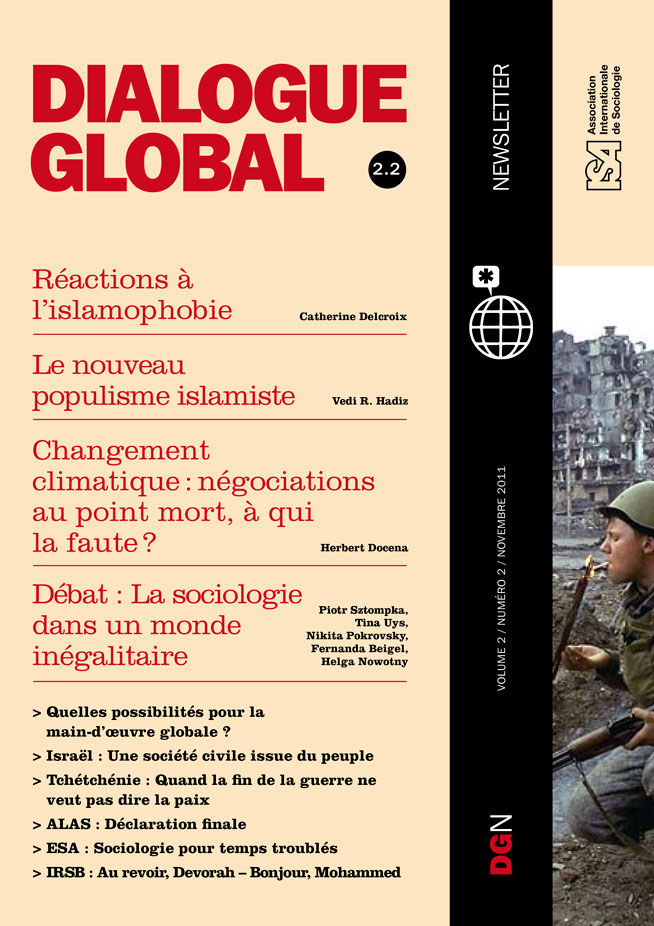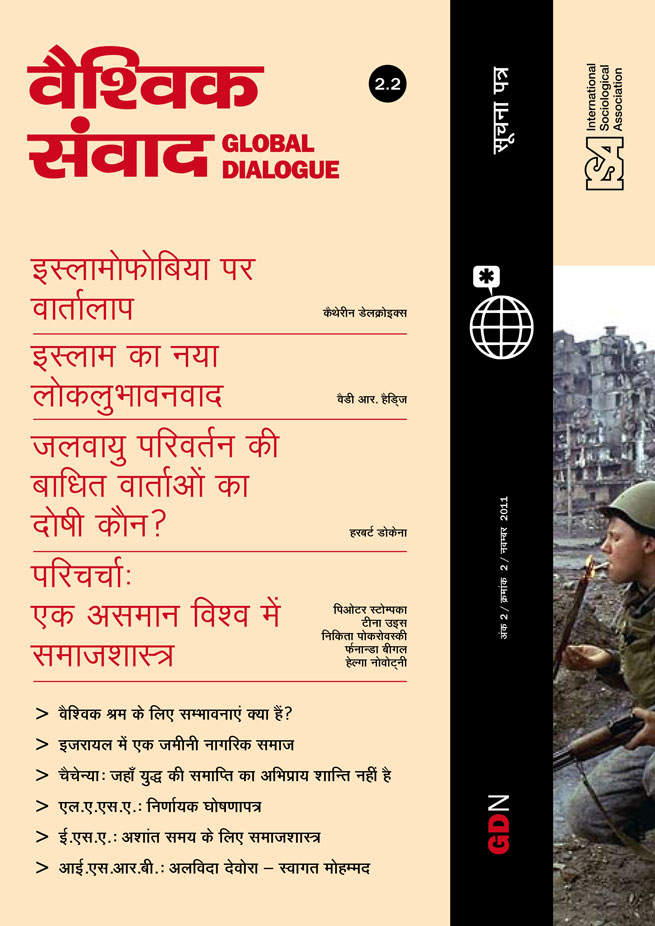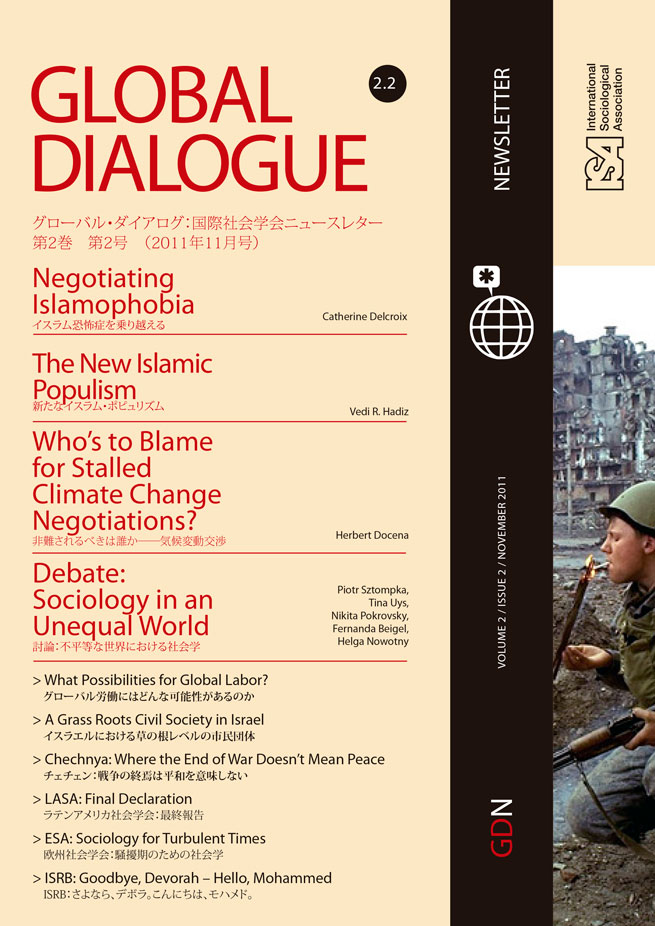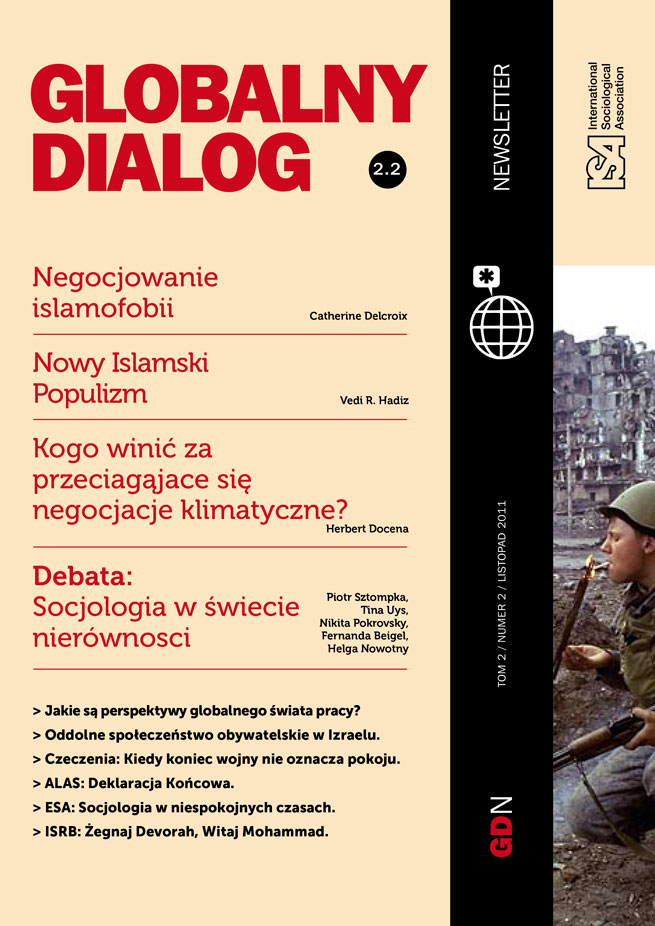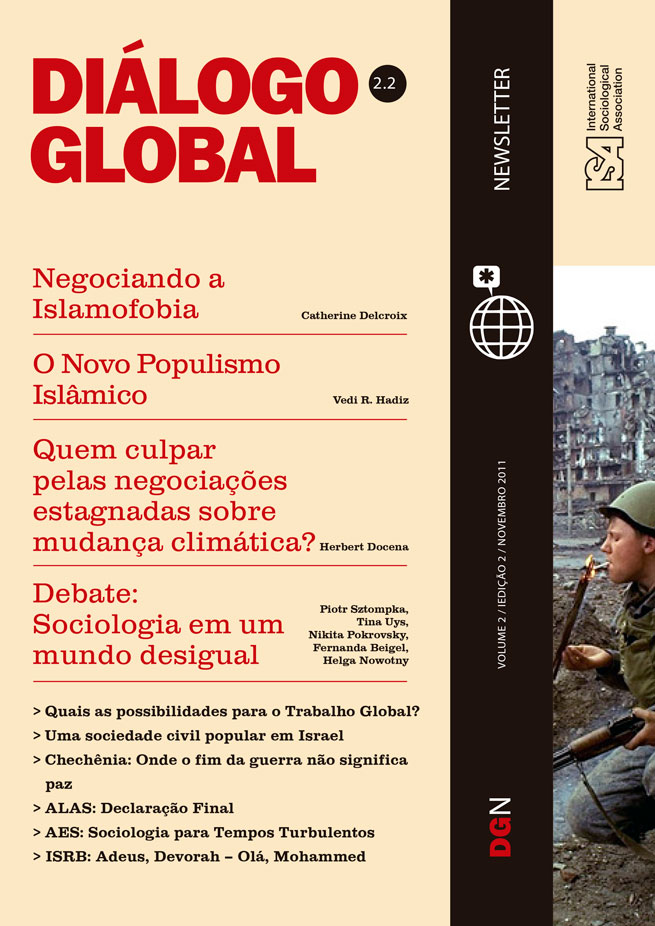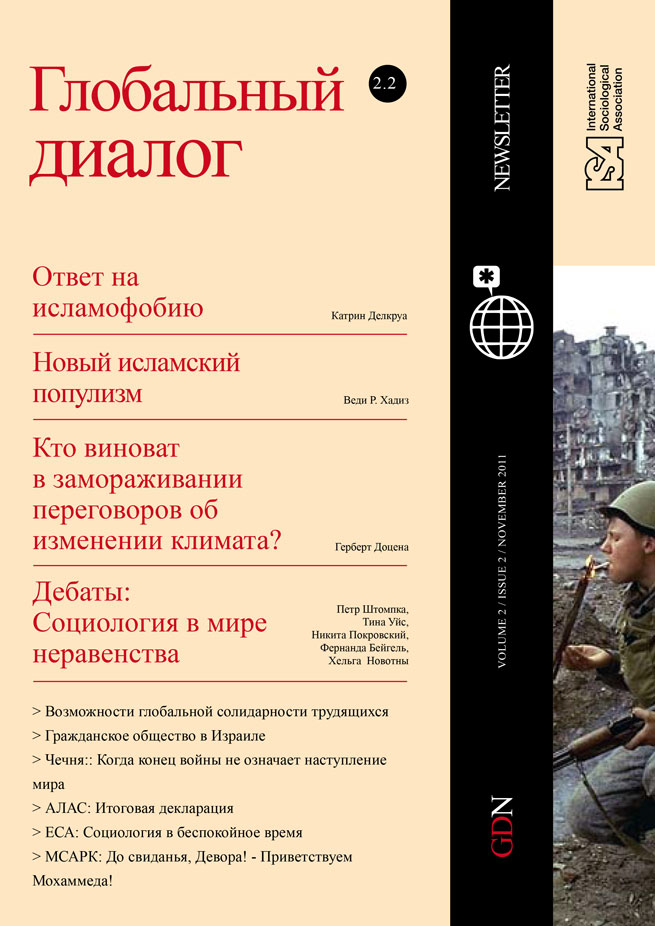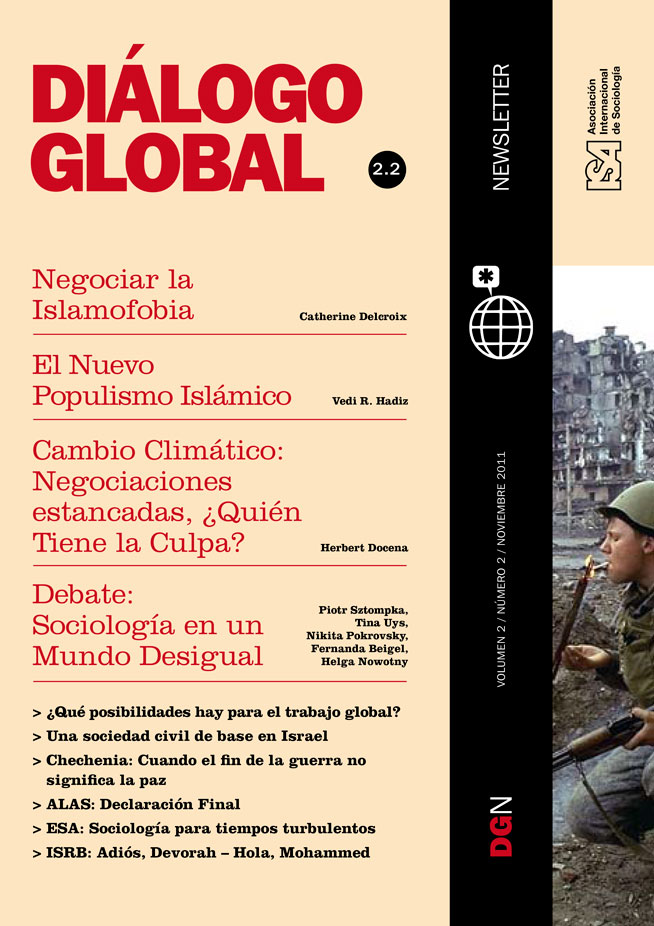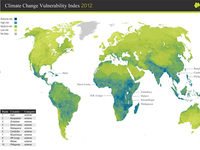What Possibilities for Global Labor?
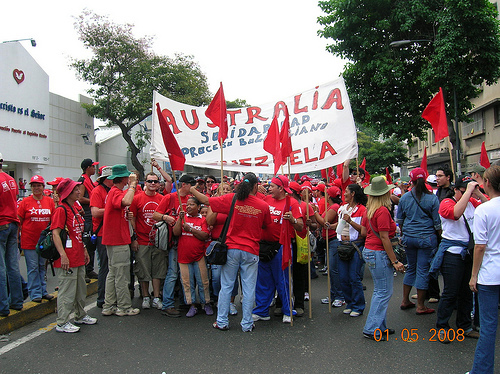
November 19, 2011
Even in the darkest of times we have the right to expect some illumination, and that such illumination may well come less from theories and concepts than from the uncertain, flickering, and often weak light that some men and women, in their lives and in their works, will kindle under almost all circumstances and shed over the time span that was given to them on earth.
(Hannah Arendt, Men in Dark Times.)
Given the multiple crises we are living through (climate, finance, work), the interventions of Edward Webster, Pun Ngai and Enrique de la Garza (Global Dialogue, 1.5, July 2011) on ‘global labor’ stimulate reflection on a critical issue: can society resist the synchronized power of global corporations, global finance, global institutions and nation-states and impose an alternative logic to resolve a looming human catastrophe? Might global labor play a role in activating societies across the globe to build a new relationship with nature, reshape the architecture of finance, radically regulate global corporations, trade and investment so as to reconstitute secure work and stabilize society on a socially just foundation? Might such a movement challenge the absurdity of neoliberalism, wherein the cause of these destructive crises is viewed as the solution? Even imagining such a prospect appears absurd, given the might of these institutions.
Each contribution highlights issues pertinent to this predicament. Drawing on a lifetime of researching labor in South Africa, Webster considers the ‘idea of solidarity’ – the ways in which such a culture and strategy can, in certain instances, be fractured but also strengthened in a manner which empowers. If transforming individualism at the local level is challenging, how much more its global construction? Webster contends that the latter might evolve through three types of solidarity: human rights (defence of victims); production (linking work places); and regulation (developing the law to protect rights and standards).
Pun Ngai’s compact account of China ‘as the world’s factory’ concludes that it has proven to be ‘a global nightmare for the new working class’. The hukou system permits rural workers ‘to work in the city but not stay in the city’, hence they exist as ‘half workers’, forced ‘wanderers’ across China’s transformed landscapes. She summarizes how this non-status and these exploitative conditions have triggered a significant increase in collective resistance.
Finally, Enrique de la Garza drawing on the Latin American experience, responds to Webster by arguing that the globalization of capital might lead to ‘a globalization of labor as a social movement’. Such a movement could be realized through new worker identities, exploiting the links in value chains and harnessing workers in the informal sector, which ranges between 40 to 70 per cent of the workforce in Latin America. As to the prospects of such a movement arising, he asks: will unions oppose neoliberalism, broaden the definition of their role and reignite utopian visions of society?
However, these ideas will remain pure ideas in the absence of an analysis of the uneven development of global labor based on an assessment of agency, politics, movement and action. This brief rejoinder simply poses questions for debate in these areas, for debate that transcends the academy is a small step towards constructing Webster’s solidarities.
Agency
Here there is a need to distinguish between established and new labor internationalism (NLI), for, while the former produces career bureaucrats, the latter produces struggle-oriented activists. Change will be driven by activists, inspired by notions of human liberation, even at great personal cost, in contrast to those for whom global labor is a job opportunity, a career and middle-class comfort. Whilst the Global South has continued to produce activists, the anger generated by the Global Financial Crisis (GFC) could create a similar dynamic in the North. Gramsci’s famous statement on ‘optimism of the will’ challenges academics to move with this potential, not solely as recorders of events, but as engaged public intellectuals, moving between office and street mobilizations. Might we too be driven by an inner anger at the theft and dispossession the GFC represents? How determined are we to break the destructive cycle of a pure market logic? Reflecting on our own choices provides insights into agency as the critical variable, which can reshape politics.
Politics
Despite certain notable exceptions, the institutionalization of global labor in the North (International Trade Union Confederation and the Global Union Federations) is for the most part limited by a separation of politics and economy and at best, a critique of the effects of neoliberalism, without challenging its destructive essence. This is a pro-free trade global labor movement, which contends that labor rights and social programs can assuage the adjustment costs of globalization. For these global labor institutions, action equals lobbying the power elites, even though little has been achieved through such tactics over the past half century.
To a degree and not without its contradictions, hope for a political revitalization resides in the Global South, where nationally based labor movements such as CUT in Brazil, CTA in Argentina, COSATU in South Africa, CITU in India and KCTU in Korea draw on traditions of resistance. Each has waged determined battles against neoliberal restructuring over the past two decades. As these forces unite through SIGTUR (Southern Initiative on Globalization and Trade Union Rights) there have been new initiatives to formulate a vision of what is being fought for, not just what is being fought against. SIGTUR is at an early stage of debating the concrete characteristics of the alternative to neoliberalism grounded in demands for short, medium and long-term transformation. The contention is that this struggle is a new, global liberation struggle demanding a politics of liberation at all levels. The substance of such a politics derives from Marx’s theory of accumulation and exploitation and complemented by Polanyi’s analysis of markets, society and commodification. If global labor in the South evolves a new politics, this might inspire forces in the North, given the severity of the current crisis. Activism and a new politics lay the foundations for a new kind of movement.
Towards a New Global Movement (a New Idea of Solidarity)?
David Harvey’s conception of a new kind of global social movement, one ‘constituted out of a broad alliance of the discontented, the alienated, the deprived and the dispossessed’ is an intriguing prospect. At an international conference of the Global Union, UNI, in Paris in June 2011, a leader of the French General Confederation of Labor (CGT) regretted that the labor movement had failed to make contact with the young indignados of Spain, the aganaktismenoi (outraged) of Greece, or the youth of the Arab Spring to show that their struggles are linked and that the Spring fight for democracy needs to be extended and transformed into a widening struggle against neoliberal capitalist development. The opportunities for a new movement are there, but whilst established global labor has created some links, it has failed to seize the moment and forge such a movement. Indeed, the institutionalized global labor movement is so grooved into lobbying in five-star hotels across the globe that they show no desire to mobilize and organize in the streets. Thus there is no coordinated global collective action and so the South will have to trigger such action.
Global Collective Action
The labor politics of elite lobbying needs to give way to long-prepared-for radical action, disrupting the logistics of the global economy – shipping, transportation in general – as well as disrupting global production networks from within. During the 1990s, SIGTUR organized several highly successful shipping boycotts. In Korea, a labor leader has been in and out of jail over the past decade for applying pressure through the slowing down of container trucks, which gridlocked city transportation. These disciplined, collectively organized actions demonstrate the latent power of global labor.
Have we the imagination and political will to contribute, as engaged public intellectuals, to building anew in these spheres? Public sociologists have a role in the ensuing battle for ideas, reinforcing new politics, movement and action, thereby sustaining hope in the power of movement. The venture may or may not come to fruition in the coming decades, but there will be those who chose the street not the hotel as this drama unfolds, and in so doing they might provide that illumination for the 21st century to which Hannah Arendt referred in her reflections on the dark times of the 20th century.
Robert Lambert, University of Western Australia, former President of the ISA Research Committee on Labor Movements

